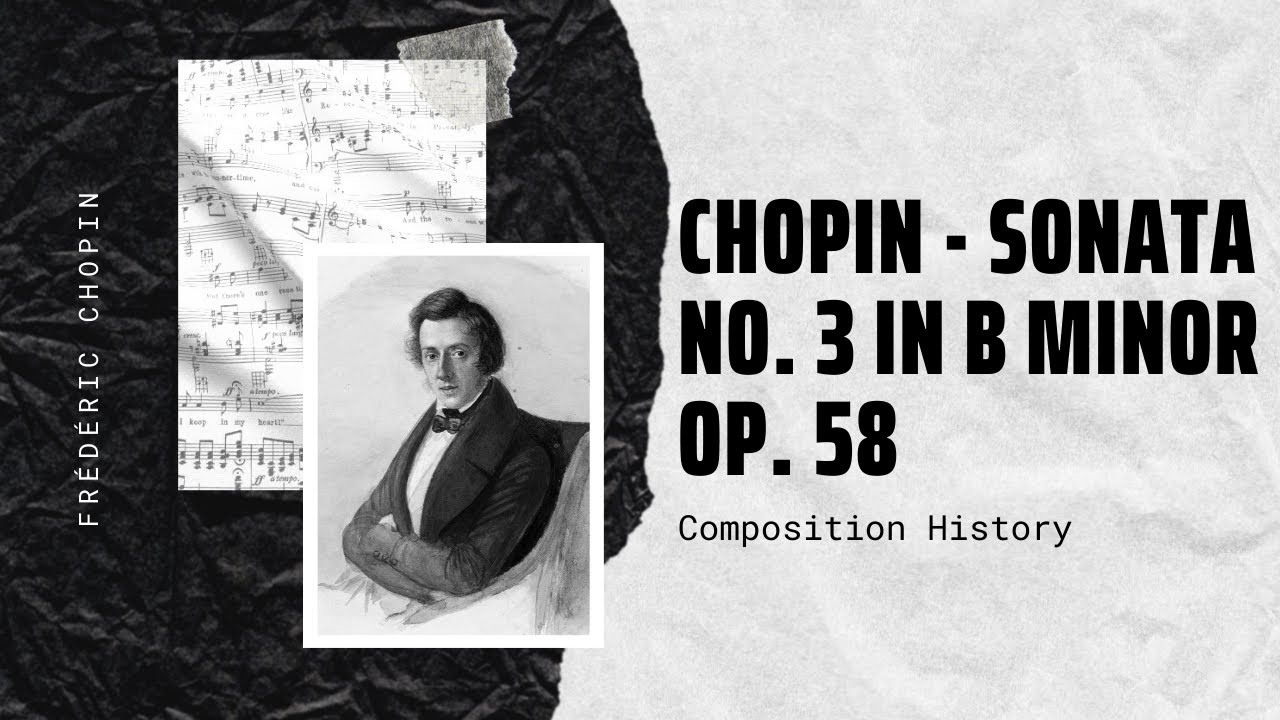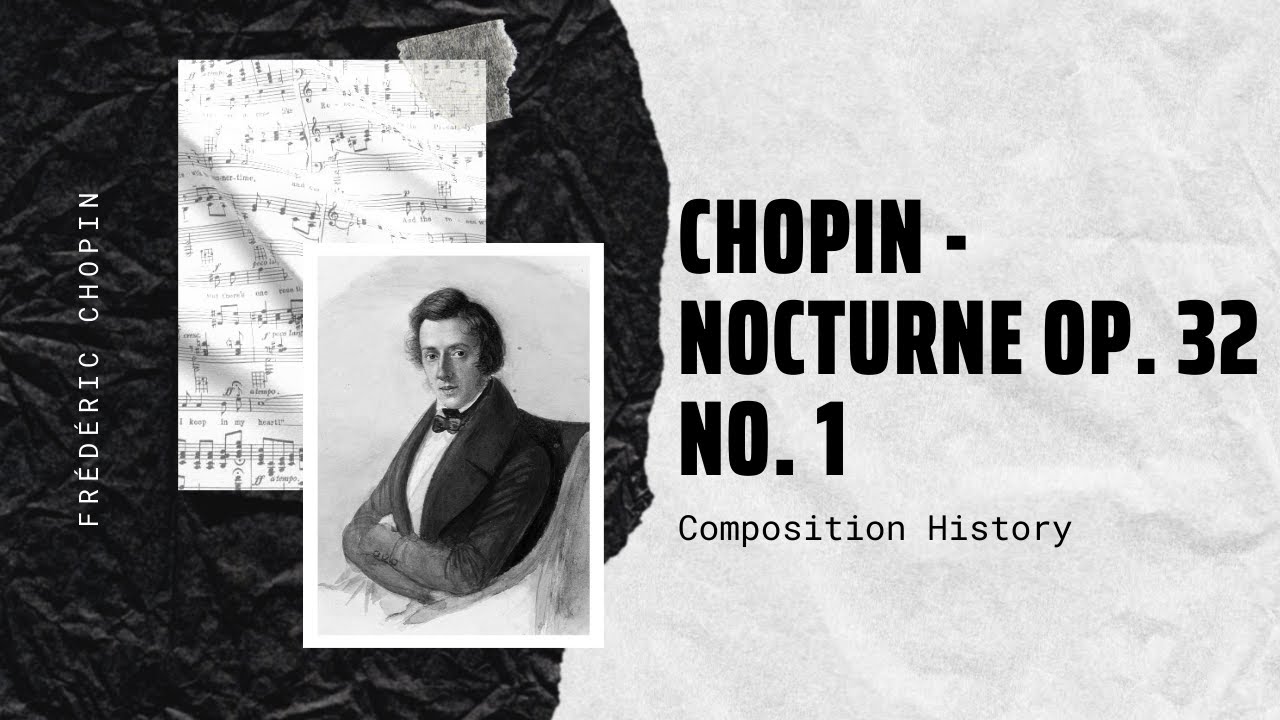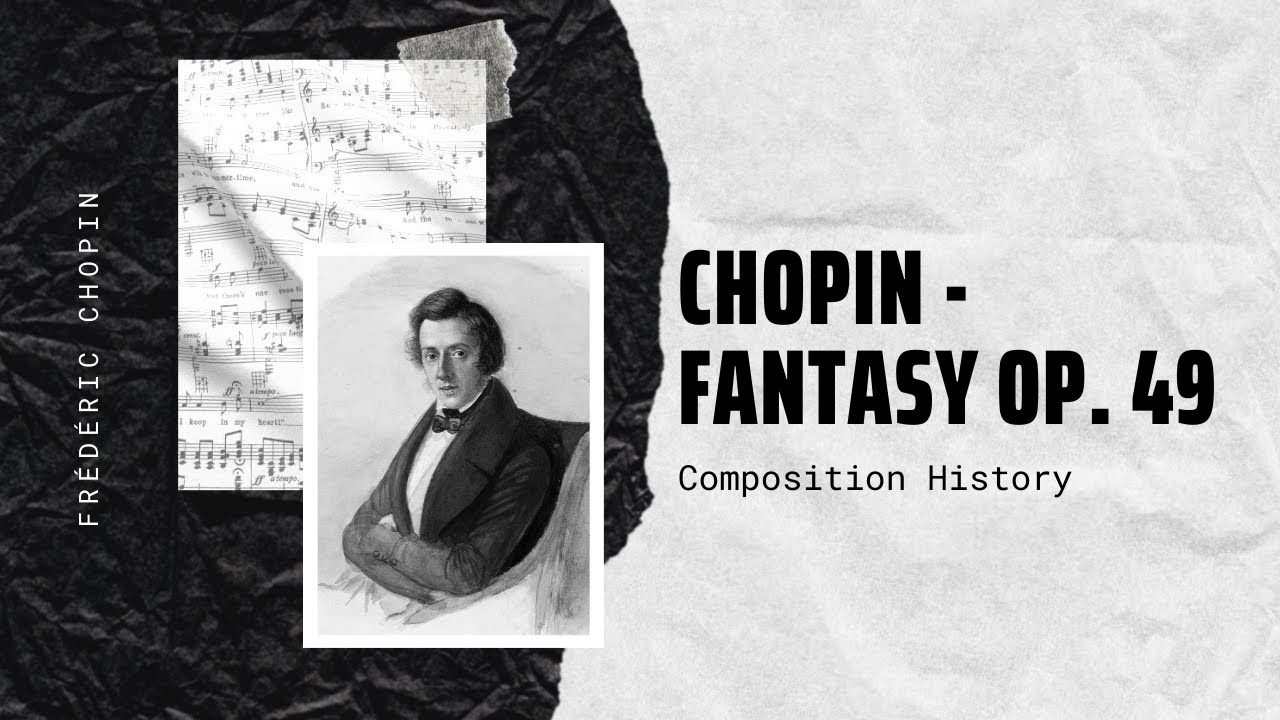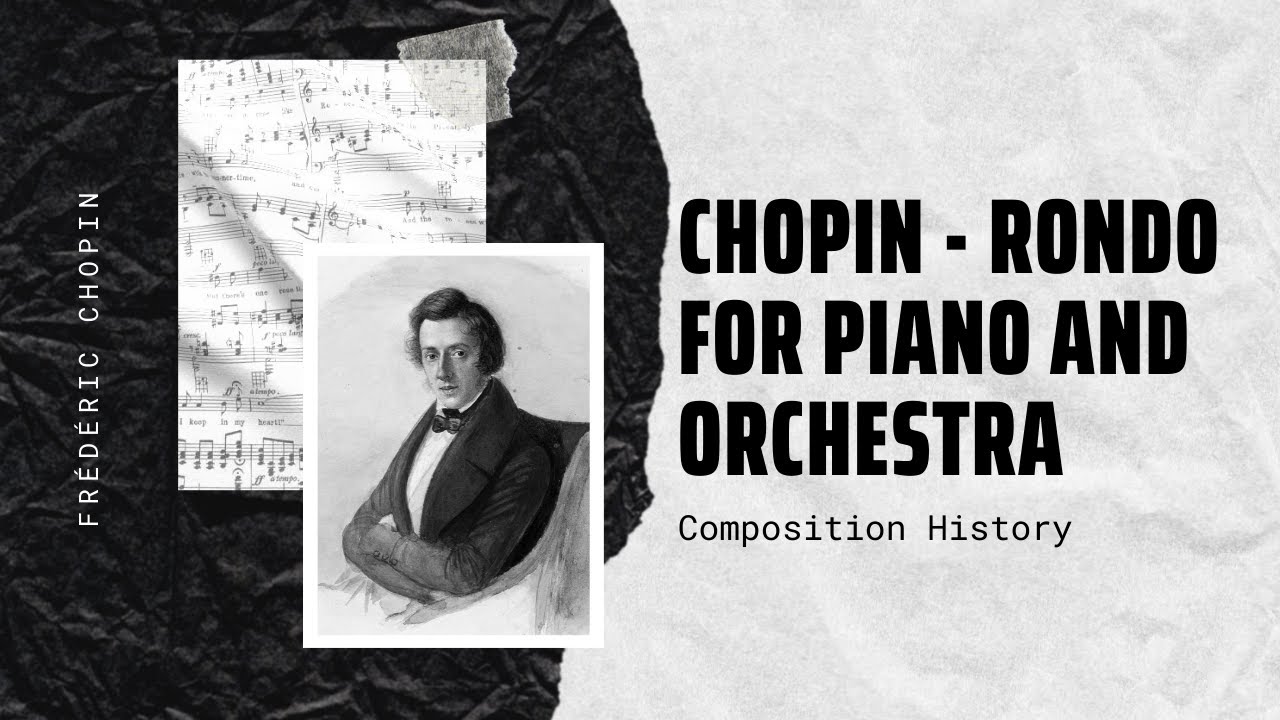
Chopin – Sonata No. 3 in B minor Op. 58
Frédéric Chopin composed his Piano Sonata No. 3 in B minor, Op. 58, in 1844 and dedicated it to Countess Émilie de Perthuis. Along with[…]

Chopin – Nocturne Op. 32 No. 1
The Nocturnes, Op. 32 is a suite of two nocturnes written and published by Frédéric Chopin in 1837. The nocturnes are dedicated to Madame Camile[…]

Chopin – Nocturne in C minor B 108
The Nocturne No. 21 in C minor, Op. posth. is a musical work for solo piano written by Frédéric Chopin in 1837. It was the[…]

Chopin – Fantasy Op. 49
Frédéric Chopin’s Fantaisie in F minor, Op. 49, is a single-movement work for the piano, composed in 1841, when he was 31 years old. From[…]

Chopin – Berceuse in D flat major Op. 57
Frédéric Chopin’s Berceuse, Op. 57, is a lullaby to be played on the piano. He composed it in 1843/44 as variations in D-flat major. Chopin[…]

Classical Music for Reading – Chopin Collection
Frédéric François Chopin (1 March 1810 – 17 October 1849) was a Polish composer and virtuoso pianist of the Romantic era who wrote primarily for[…]

The Best of Chopin – Part I – Greatest Works
Frédéric François Chopin (1 March 1810 – 17 October 1849) was a Polish composer and virtuoso pianist of the Romantic era who wrote primarily for[…]

Chopin – Piano Concerto No. 1 (Allegro Maestoso)
Frédéric Chopin – Piano Concerto No. 1 (Allegro Maestoso) The Piano Concerto No. 1 in E minor, Op. 11, is a piano concerto written by Frederic[…]

Chopin – Ecossaises Op. 72 No. 3
Frédéric François Chopin (1 March 1810 – 17 October 1849) was a Polish composer and virtuoso pianist of the Romantic era who wrote primarily for[…]

Chopin – Rondo for piano and orchestra Op. 14
Frédéric Chopin – Rondo for piano and orchestra Op. 14 Frédéric Chopin’s Rondo à la Krakowiak in F major, Op. 14 is a composition for piano[…]